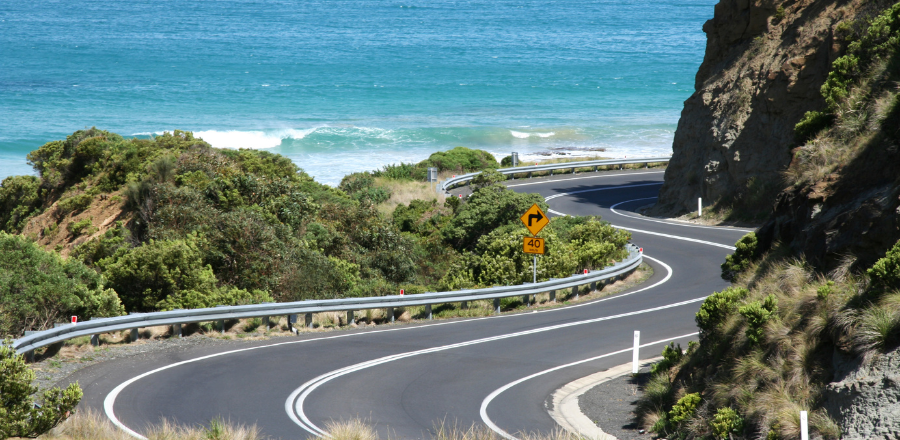Road safety data must be shared to save lives
State and territory governments are keeping valuable data on road accidents, policing and road conditions from the federal government, hindering national policy making that could save lives.

The Australian Medical Association is calling on the federal government to mandate a requirement for state and territory governments to start sharing road safety data to help stop Australia’s rising road toll.
President of the Australian Medical Association Professor Steve Robson said more than 1200 people died in the last 12 months on Australian roads and that number is rising by 5 per cent each year.
“Medical practitioners, along with paramedics, ambulance officers and nurses, frequently witness the health consequences of road trauma,” Professor Robson said.
“Accidents take lives and cause serious injuries. To understand what’s really happening and to develop effective policy we need a data set that gives the big picture.
“A national data set would provide a better understanding of the causes of crashes and help guide investment in more effective road safety and transport infrastructure policy.”
The AMA has written to federal Transport Minister Catherine King calling on data sharing obligations to be included in the new National Partnership Agreement on Land Transport Infrastructure Projects (2024–2030).
“The kind of agreement we are calling for is already commonplace in federal-state funding agreements for health, education, and housing.
“The National Road Safety Strategy objective to work towards the goal of zero deaths and serious injuries on our roads by 2050, will not be achieved if states and territories gatekeep their data.
“We echo and support the calls made by the national peak body, Australian Automobile Association (AAA) and affiliated partners, that states and territories must share their road safety data with the federal government.”
The AMA’s position statement on road user safety acknowledges there has been an increase in road trauma from newer types of vehicles on the road (electronic cars, e-scooters and bikes).
“In Melbourne we have seen a spike in people presenting to emergency rooms linked to e-scooter accidents and without streamlined data nationally, we do not know if this is an injury trend seen in other states and territories,” Professor Robson said.
“Inconsistent state-by-state databases are inadequate to provide Australians with policies that protect them. A national database is needed if the federal government is to get serious about improving road safety.”
The AMA is also calling for a new national advisory body that can provide quality data to experts, such as health professionals, who can then make recommendations on improved safety.
Read the AMA’s position statement on road user safety.



